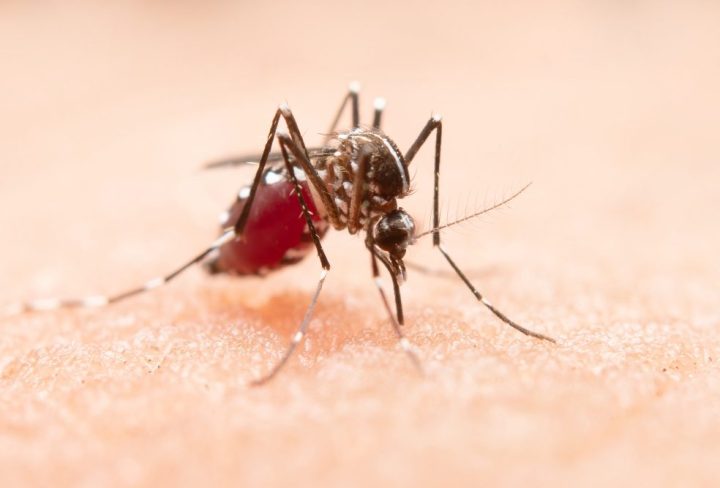What is Dengue?
Dengue is a viral infection spread by mosquitoes. It is common in tropical and subtropical areas. Many people call it “breakbone fever” because it can cause severe joint and muscle pain. The infection can range from mild to severe. In some cases, it can become life-threatening. Early detection and care are important for recovery. According to the World Health Organization (WHO), millions of people get Dengue each year.
Symptoms of Dengue
Dengue symptoms usually appear 4 to 10 days after a mosquito bite. Not everyone will have all symptoms. However, knowing the signs can help you seek care quickly. Common symptoms include:
Sometimes, Dengue can become severe. This is called severe Dengue or Dengue hemorrhagic fever. Signs of severe Dengue include:
Causes and Transmission
Dengue is caused by the Dengue virus. There are four types of this virus. Mosquitoes, mainly the Aedes aegypti species, spread the virus. When a mosquito bites a person with Dengue, it picks up the virus. Later, it can pass the virus to another person through a bite. Therefore, Dengue does not spread directly from person to person. The risk is higher during rainy seasons because mosquitoes breed in standing water.
Diagnosis of Dengue
Doctors diagnose Dengue based on symptoms and travel history. However, a blood test is needed to confirm the infection. The test checks for the Dengue virus or antibodies in your blood. Sometimes, doctors may repeat tests to track your recovery. Early diagnosis helps prevent complications. If you have symptoms and live in or have visited a Dengue-prone area, tell your doctor right away.
Treatment Options
There is no specific medicine to cure Dengue. Most people recover with supportive care. Treatment focuses on relieving symptoms and preventing complications. Common treatment steps include:
Do not take aspirin or ibuprofen, as they can increase bleeding risk. In severe cases, hospital care may be needed. Doctors may give fluids through a vein or treat bleeding. According to the Centers for Disease Control and Prevention (CDC), early care can save lives.
Prevention Tips
Preventing mosquito bites is the best way to avoid Dengue. Here are some simple tips:
Currently, there is no widely available vaccine for Dengue in most countries. Therefore, personal protection is very important.
When to See a Doctor
If you have a high fever and any Dengue symptoms, see a doctor right away. Early care can prevent severe illness. Seek urgent help if you notice:
These signs may mean severe Dengue, which needs hospital care.
In summary, Dengue is a serious illness but can be managed with early care. Protect yourself and your family by preventing mosquito bites. Consult a healthcare professional for personalized advice on Dengue.

